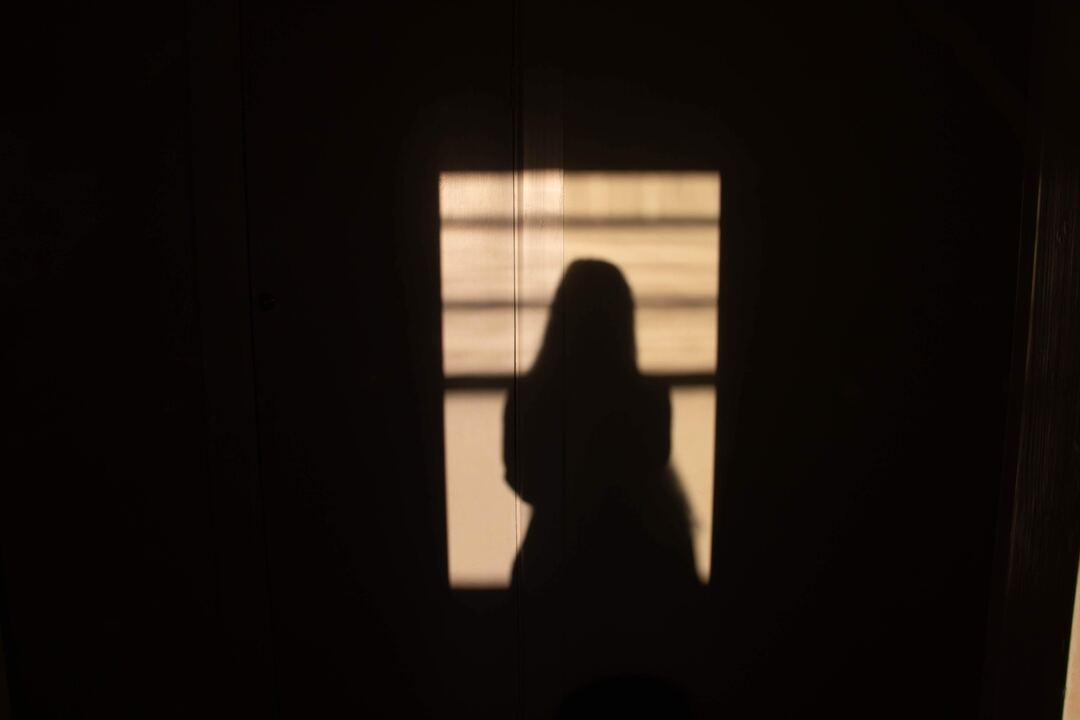To start, I wish this book was rated as poorly on Goodreads as the movie was on Rotten Tomatoes. It would have saved me some time.
The Woman in the Window is a psychological thriller about a woman suffering from severe agoraphobia. The protagonist, Dr. Anna Fox, is a child psychologist who has been stuck inside her home for the past ten months. When she witnesses (or appears to witness) a murder across the street, her sanity is called into question. It’s an interesting premise, I think, and it’s the type of thriller that tries to leave little breadcrumbs throughout. However, I don’t think it does a very effective job.
First, Anna is pretty unlikeable. This isn’t a crime, and unlikeable characters are some of my favorite, but I think we’re supposed to empathize with her. Sure she drinks and pops a few pills, but she’s been stuck inside her house long enough to have a baby. A lot of people would find improper coping mechanisms in that situation. Unfortunately, she’s also a judgemental peeping Tom. It’s revealed throughout the book that she wasn’t a saint in her pre-agoraphobic life, and while she’s not a terrible person, she doesn’t seem to grow or change in any way that makes her become self-aware of her behaviors. She just remains unlikeable from beginning to end. This is a very subjective critique on my part, so others may wholeheartedly disagree, but that’s my take.
The pill popping and wine drinking are some of the first red-flags we see as readers. It’s our first clue that there is going to be an unreliable narrator. The book is written in first person present tense, so we’re hearing Anna tell the events as they unfold. Many of you will know I’m not a fan of present tense novels, but this is a situation where I think it makes sense. It does add to the suspense, and it increases the uncertainty of Anna’s observations. I did appreciate that the reader is genuinely uncertain of several of Anna’s own thoughts and stories throughout the book, and that was something that kept me pretty interested as I read.
On the other hand, there were a few things about the writing style that would pull me out of the story from time to time. The first was that there was an incessant use of sentence fragments. Sentence fragments aren’t inherently negative in creative writing, but it’s best to use them sparingly in my opinion. They can heighten moments of suspense when used properly, but when used too often they can make the writing feel stilted or even confusing. I often felt like the sentence fragments detracted from situations where they elongated the moment instead of getting to the point. Not everything in a thriller needs to be drawn out or suspenseful. Sometimes getting to the point offers a more impactful moment.
Aside from the sentence fragments, I also felt it was irritating that the main character called attention to her own drinking problem a LOT. I don’t know if this is unrealistic since I’ve never had a drinking problem, maybe people do make snide remarks and call attention to their own bad habits constantly, but it would pull me out of the story every time she mentioned it after the first few chapters. We know she’s an alcoholic, she’s constantly reaching for a glass of wine or pining for her merlot, so I don’t think it’s necessary for her to also constantly point out to the reader that she does, in fact, have a drinking problem.
As for the plot, I think the pacing is a bit uneven. I read this book on Kindle, so I know that 31% of the book went by before anything truly interesting happened. That first third of the book is establishing the main character’s lifestyle and relationships (and alcohol problem). I don’t mind strong characterization in a book (I love me some Steinbeck), and I know that in a thriller this type of characterization is often setting up later plot points and red herrings, but I don’t think it paid off in this novel. Especially with the way it ended, good grief.
Which brings us to my main gripe with the novel: the irritatingly mediocre ending. Without spoiling the plot too much, there are several twists meant to keep the reader guessing up to the end. Alas, most of the twists would have served as better endings than the true ending. I felt it was so unrealistic and contrived, and there was even a full villain monologue that spanned pages of writing! I mean, an entire backstory dump occurred 90% of the way through the book. Talk about seeds unsown. I felt it was lackluster and unfulfilling, and this is a large reason I try to thoroughly vet my thrillers before reading. It is so frustrating to be taken on a wild ride and then dumped off so unceremoniously at the end.
A good thriller should be resolved (or unresolved in an acceptable way) by the end, and I think the ending should really stick with the reader. This book will not stick with me. The writing isn’t good enough for me to have enjoyed that part of the ride, and the ending isn’t thrilling enough for me to consider the rest of the journey worthwhile. My verdict here is to skip The Woman in the Window if you’re looking for a fresh, unique thrill. If you’re okay with a middling and semi-disappointing thriller, this one will do in a pinch.
The Lit Wiz
